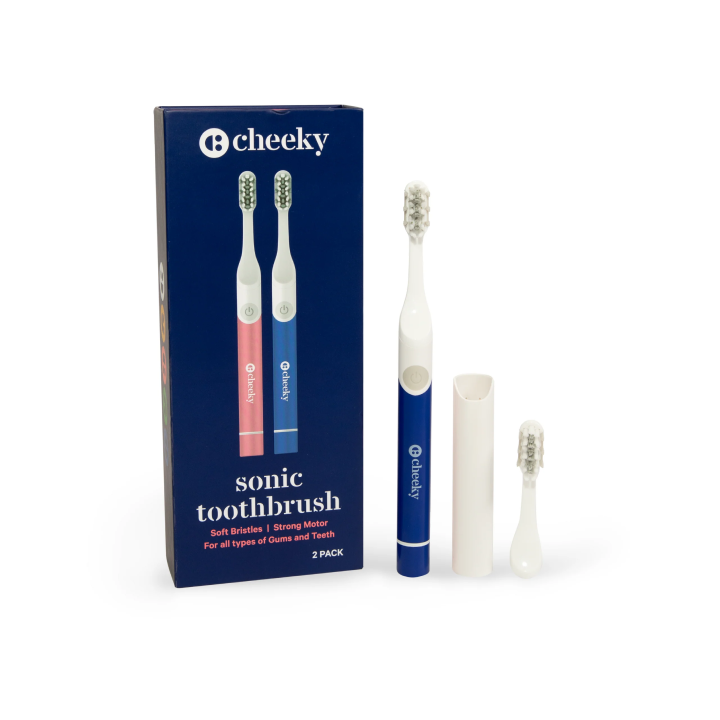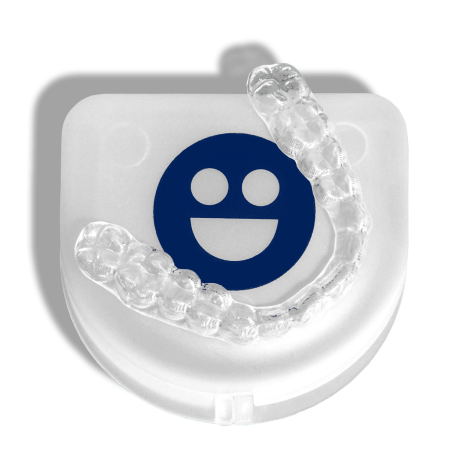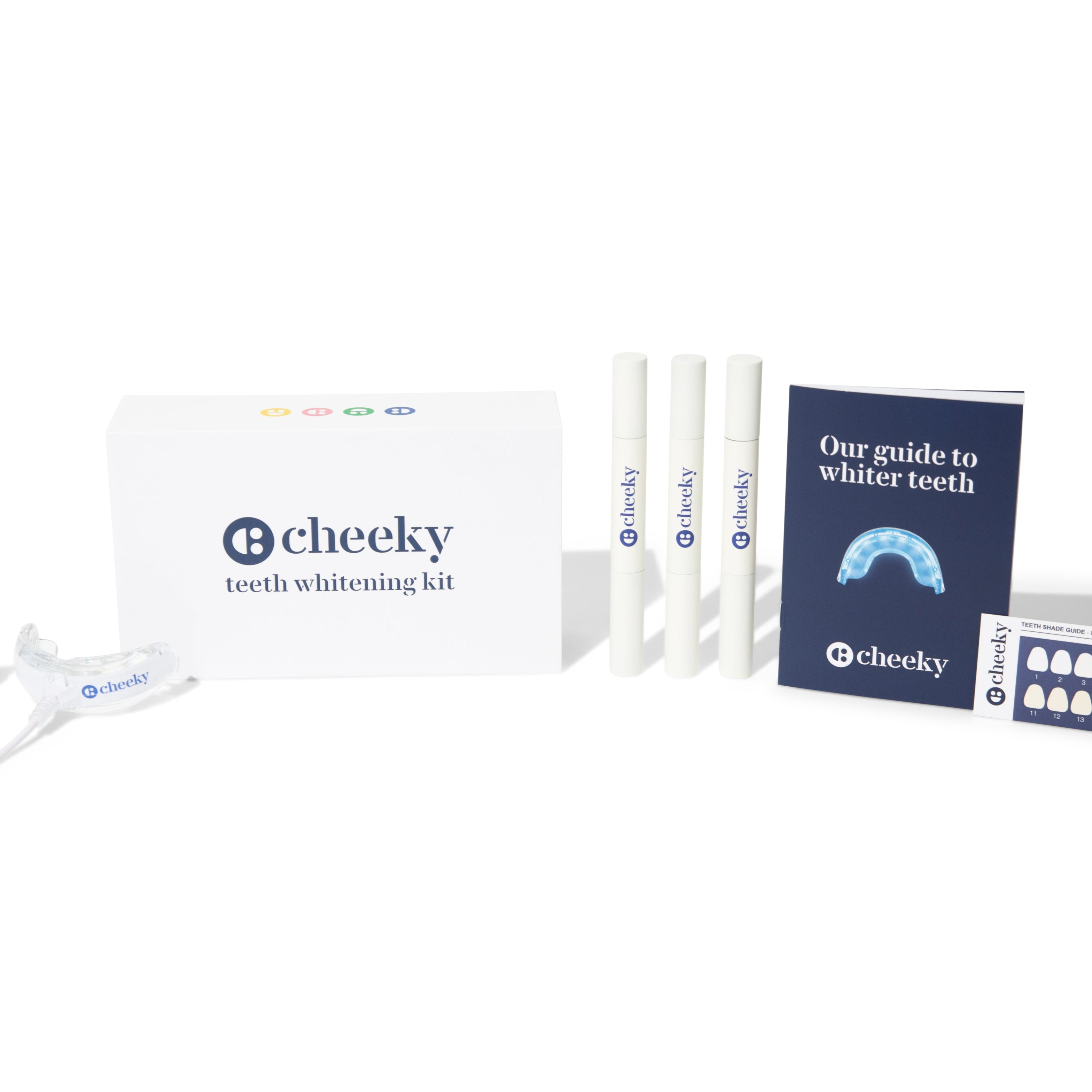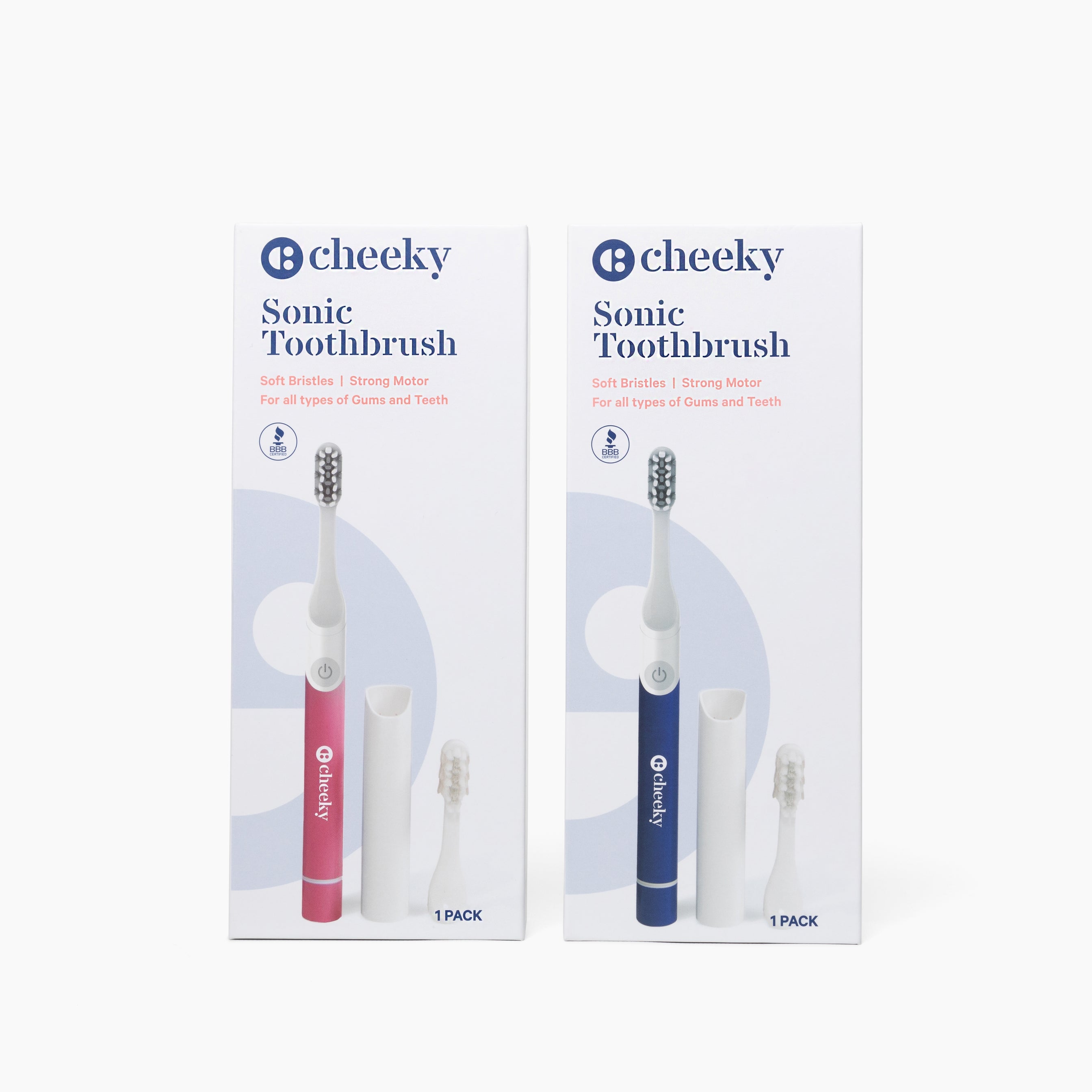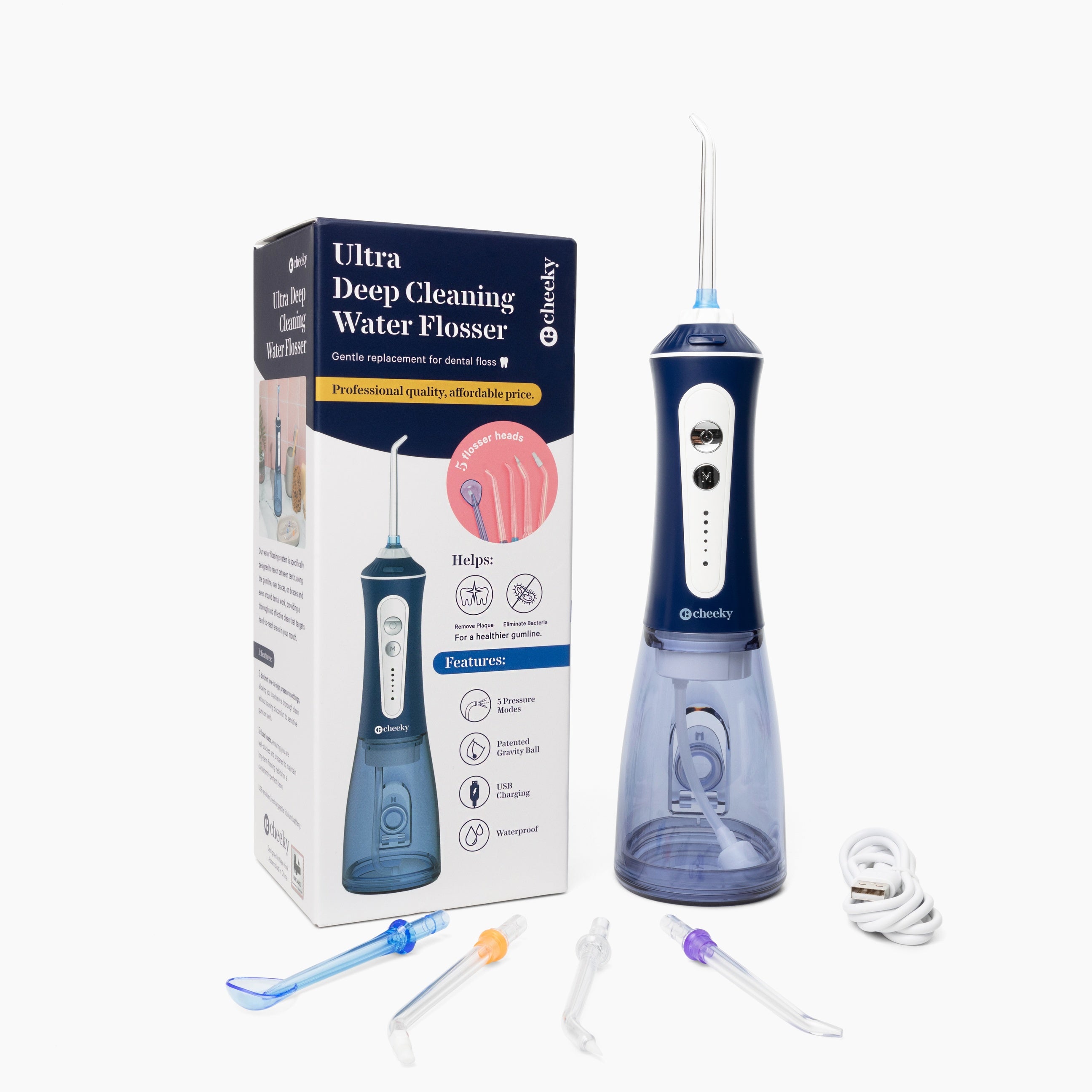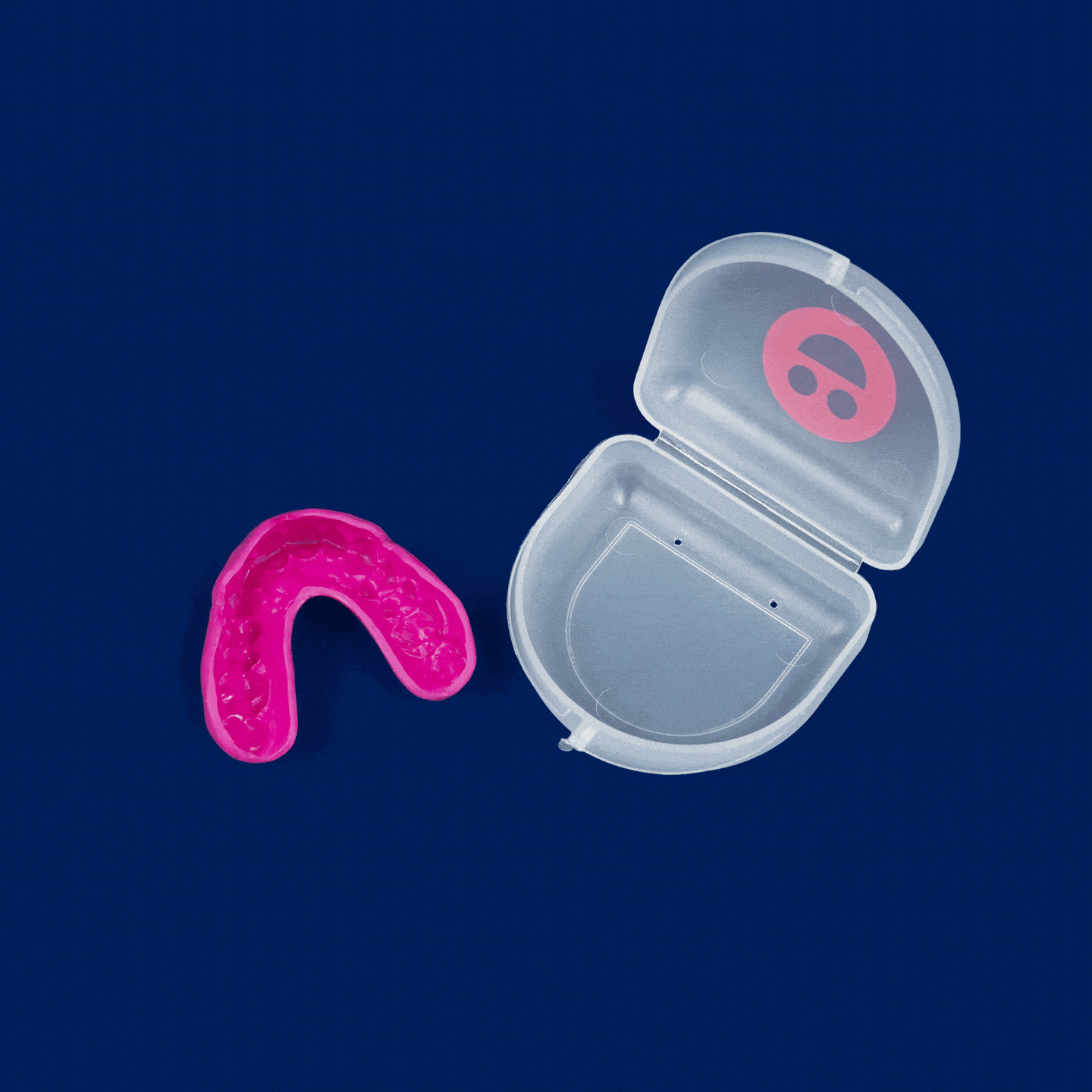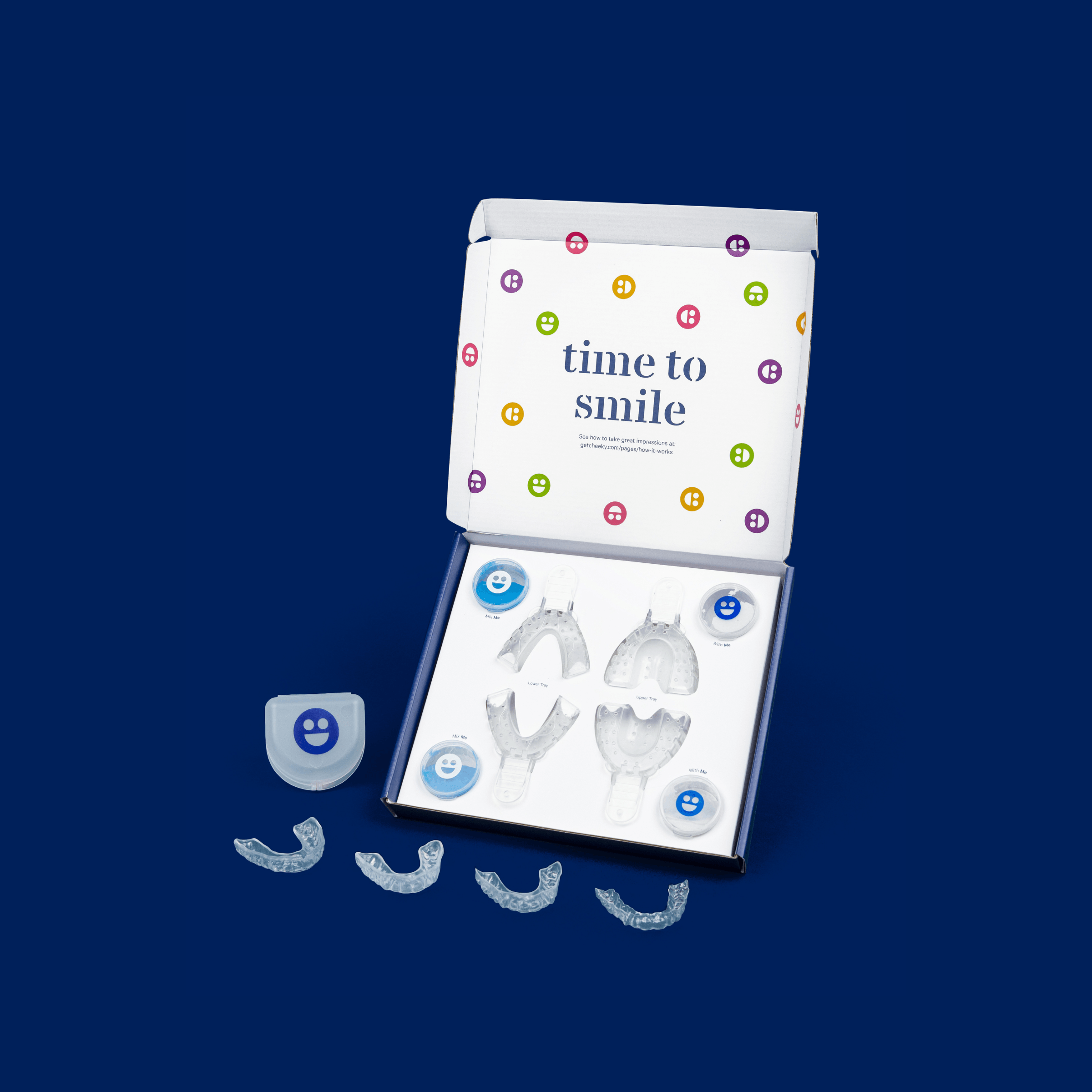If your jaw hurts every time you have a snack, you’re probably feeling annoyed and want to know what’s going on.
Your lower jaw is connected to the rest of your skull by two itty bitty joints that live by your ears on each side of your face. These joints, known as your temporomandibular joints, are tiny but mighty because they give your jaw the range of motion they need to eat, talk, and sing.
However, these small joints are close to numerous nerves and ligaments, so when your joints get tense or tired, you start to feel pain in multiple places.
In some cases, chronic tension or use of these joints can lead to a temporomandibular joint disorder (AKA TMJ or TMD).
How Does TMD Develop?
There are various reasons why you may end up with TMD. There’s nothing to be ashamed of, though; it’s extremely common in many adults. Some people don’t even realize they have TMD because they’re totally asymptomatic. (Lucky, we know.)
When your jaw joints malfunction, it’s typically a result of
- Disease (such as arthritis)
- Injury
- Stress
- Genetics
- Aging
But no matter what caused your TMD, if you’re reading this, you’re probably trying to self-diagnose your pesky jaw pain so you can make it go away. So let’s look at some of the symptoms of TMD.
Symptoms of TMD
If you have one or more of these symptoms that can’t be explained by another issue, you may want to see your dentist or primary care doctor to confirm a diagnosis.
Common symptoms of TMD include:
- Sore Jaw Muscles: like the other joints and muscles in your body, your jaw joints will feel achy or sore when they’re distressed. Think of it like going to the gym and working the same muscle group five days in a row without switching it up. By day five, those muscles are going to be so tired that they’re going to have to work harder to get the exercises done. When you have TMD, your jaw muscles are telling you they’re overworked and need a break. Jaw pain is one of the first and most common signs of TMD.
- Locked Jaw: If you have a mild case of locked jaw, you hear clicking and popping sounds when you open and close your mouth. In severe cases, extreme stiffness locks the jaw in place and makes it difficult to open and close your mouth. Locked jaw is common in cases of TMD where there’s inflammation in the cartilage around the joints.
- Facial Pain: Pain in other muscles in your face is common when you have TMD because the other muscles are often used to compensate for the fact that your jaw joints are tired. But in a muscular snowball effect, these muscles get tired too and start to hurt.
- Ear Pain: Developing ear pain can come as a shock to those with TMD. But since your ear canals are close to your oral cavity, tightness in your jaw joints can lead to earaches, the feeling that your ears are full of water or gunk, and tinnitus (ringing in the ears). Sometimes, it feels like you have an ear infection when it’s really just your jaw joints acting up.
- Headaches: Many people get headaches from their TMD, whether it’s a migraine or sinus pressure. Most of the time, waking up with a headache indicates that you spent the night clenching your jaw and grinding your teeth in your sleep.
- Toothaches: TMD goes hand in hand with teeth grinding (also known as bruxism). When your jaw gets tight, it’s common for your teeth to gnash together, especially when you’re asleep. This can lead to tooth pain and tooth damage, gum disease, or other issues if left untreated.
Neck Pain: Many people with TMD say that their pain tends to creep down into their neck or back muscles. This typically occurs in those who experience TMD as a result of stress or anxiety.
Treating TMD
If you just had a eureka moment of “Oh, that’s definitely why my ______ hurts,” then the next step is to figure out how to solve the problem.
Even if you think you have a mild case of TMD, understanding the symptoms and ways to treat jaw pain can help you take care of your joints before things get too painful.
We want to reiterate that if you think you have TMD, you should schedule an appointment with your dentist. They can check to make sure there isn’t any extensive damage to your teeth and may want to take some x-rays to help you develop a treatment plan.
Lifestyle Changes You Can Make to Alleviate TMD Symptoms
- When possible, eat soft foods and avoid tough or chewy foods
- Avoid chewing gum, and if you indulge in hard candy, don’t bite into it
- Ask your dentist about stretches you can do to exercise your jaw muscles and coordinate movement
- Reduce stress by practicing mediation, exercising, and adopting other relaxation techniques
- Take prescriptions as directed, and consider an over-the-counter pain reliever or anti-inflammatory to decrease pain or swelling
- If your bite is uneven because of TMD, you can talk to your dentist about corrective dental work
- Your dentist may recommend an oral splint to prevent daytime clenching
- In severe cases, surgery may be necessary to relieve symptoms; arthrocentesis is a procedure that clears fluid and debris from inside the jaw joint
- Wear a mouthguard at night to prevent clenching and grinding
Dental Solutions to TMD
Since most of us grind our teeth in our sleep, mouthguards are one of the most effective options for treating TMD. All you have to do is pop it in before you go to sleep, and then you can get plenty of rest without grinding your teeth or clenching your jaw.
Cheeky offers affordable, effective, and high-quality custom nightguards so you can sleep your way to less jaw pain. If you’re ready, let’s Get Cheeky.


